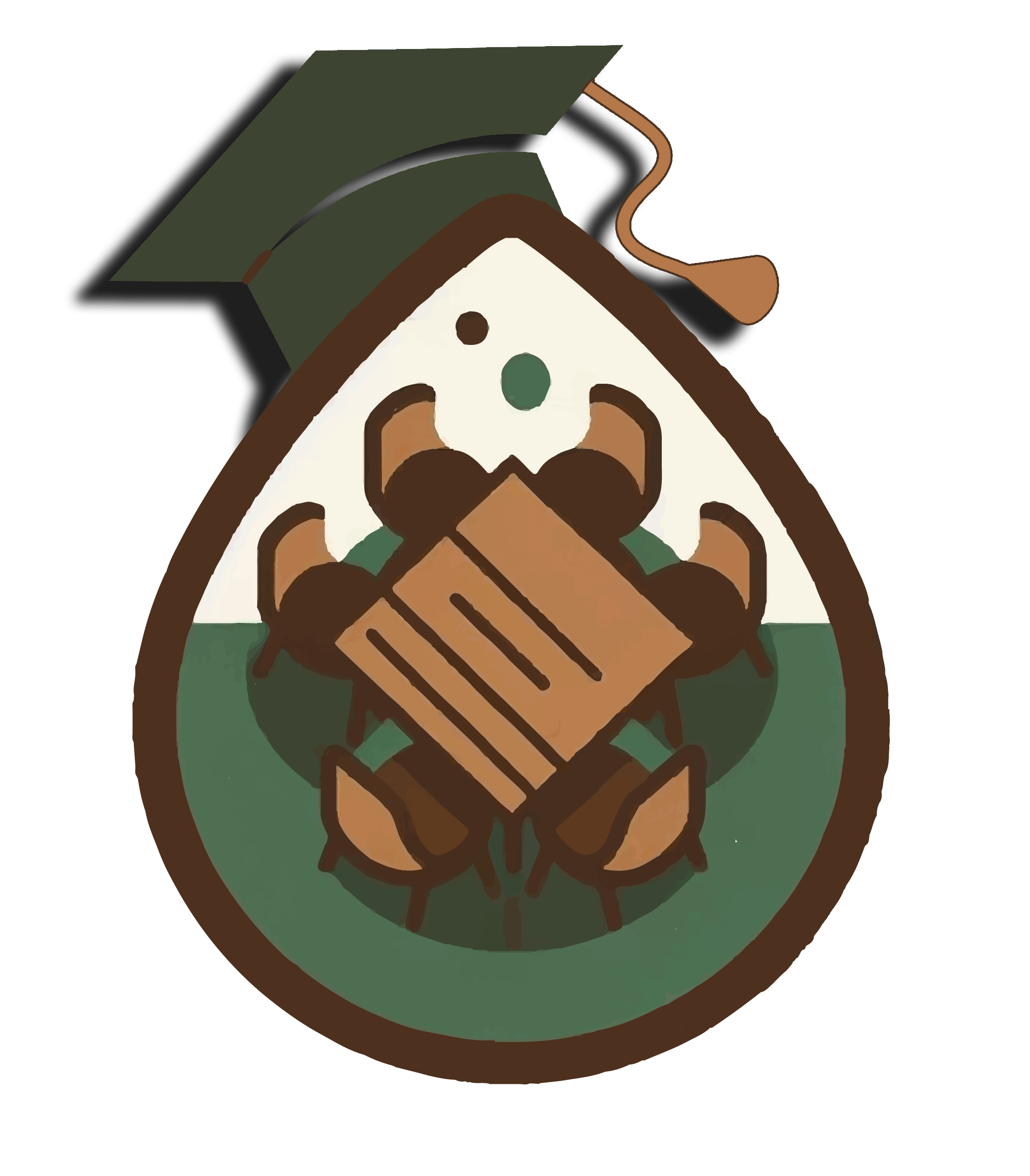Level 1.

C Programming Course Content (With Details)
- Introduction to Programming & First Program (Hello World)
What is Programming?
Importance of Programming in real life
Types of Programming Languages
Introduction to C Language and its uses
Setting up the environment (compiler/IDE)
Writing and executing the first C program (Hello World)
Understanding the basic structure of a C program
- Variables and Constants + Arithmetic & Logical Operations
Data Types in C (int, float, char, etc.)
Declaring and using variables
Defining constants using #define and const
Arithmetic Operators (+, -, *, /, %)
Logical Operators (&&, ||, !)
Relational Operators (==, !=, <, >, etc.)
Practice problems and examples
- Conditional Statements (if – else – switch)
Making decisions in C programs
Using if, else if, and else statements
Nested conditions
switch-case statements and break
Real-life examples and practice exercises
- Loops (for – while – do while)
Concept of loops and repetitions
for loop: syntax and use cases
while loop and do while loop
Loop control statements (break, continue)
Nested loops
Building logic through loop-based exercises
- Arrays
What are Arrays and why we use them
Declaring and initializing arrays
Accessing and modifying array elements
Looping through arrays
Practical examples using arrays
Introduction to strings (as character arrays)
- Functions
Understanding Functions and Modular Programming
Declaring and defining functions
Calling functions
Parameters and return values
Scope of variables (local vs global)
Pass by value
Recursive functions (basic intro)
- Object-Oriented Programming (OOP) Basics + Final Project
Introduction to OOP concepts (Encapsulation, Abstraction, Inheritance, Polymorphism)
Difference between Procedural and OOP (Note: C is procedural, but structs can introduce basic OOP concepts)
Using struct to simulate OOP principles
Designing a mini project combining all concepts
Example projects: Calculator, Student Record System, Library Management, etc.
Code review and project presentation
.
